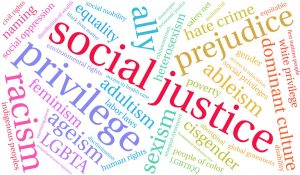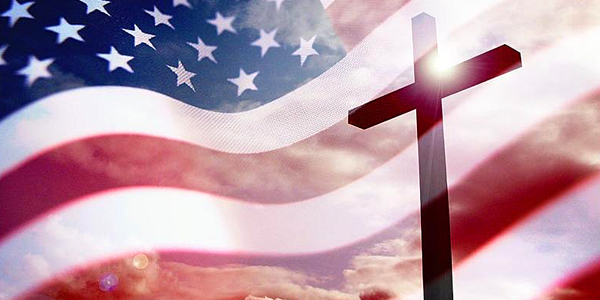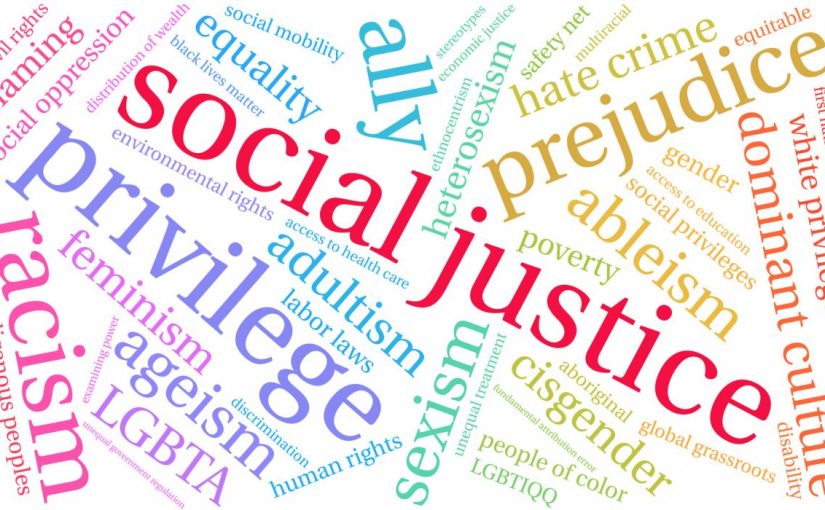
The following is a re-post of a Facebook post by Stephen Bond, a friend of mine.
An open letter to a pastor in good standing in the PCA (not my pastor, mind you!), who recently wrote — I am not exaggerating in the slightest — that to reject the ‘social justice’ movement is to deny the Gospel:
—
How very wrong you are. You believe that we who reject your style of ‘social justice’ have separated the Gospel’s message from its power. No! Quite the contrary! What we hold, rather, is this:
First: That the *diagnosis* of injustice in our day is often unclear — or, to be more specific, that it is almost always doubtful that the Left’s diagnosis of injustice is even an approximate match for any sound Biblical diagnosis of injustice. The Left considers many things racist, sexist, classist, ableist, ageist, cisgenderist, <insert -ist>, or otherwise unjust, which may well not be; the Left habitually considers all inequalities to be unjust, when some are in fact natural and part of the created order, or the consequences of choices made. Their seared consciences cannot tell the difference, and they rabidly denounce even the merest inquiry. It must not be so with us. Thus our insistence that the Church’s proper task is not to go seeking monsters to destroy, but to preach that ‘escapist’ and ‘individualistic gospel’ of ‘personal salvation’, and trust that it will bear true fruit in due time.
Second: That the *remedy* for injustice in our day is often unclear — or, to be more specific, that it is almost always doubtful that the Left’s proposed remedies for genuine injustices will not, in fact, make things worse. Here, too, there is Biblical cause for doubt: the Christian is seldom called to *overthrow* complex and interlocked institutions, but is often called to bear with their injustices and slights, real or imagined, in hopes of transformations that are in no way guaranteed this side of eternity. Moreover, much of what the Left calls ‘reconciliation’ is, rather, the nursing of resentments, and the quest for the thrill of ‘being on top for once’ — to wit, evils that are in fact pure, distilled forms of the evils they claim to oppose. Their seared consciences cannot tell the difference, and they rabidly denounce even the merest inquiry. It must not be so with us. Thus again our insistence that the Church’s proper task is not to work out how to destroy this or that monster, but to preach that ‘escapist’ and ‘individualistic gospel’ of ‘personal salvation’, and trust that it will bear true fruit in due time.
And then…
The following doesn’t apply to many of the 19th-century skeptics of liberalism — e.g. R.L. Dabney — but it applies to most of us today: we are, even more fundamentally, *not postmillennialists*. We understand that we are under no orders whatsoever to ‘immanentize the eschaton’: we understand that we cannot, and that the Holy Spirit has made it abundantly clear, both in Scripture and in the unfolding of history, that He categorically *will* not — neither through the Church nor in any other way — before Christ returns. The Church is a company of companions in shipwreck, not an ‘intrusion’ of heaven into earth. Will we necessarily look different from the doomed world? Yes — but in the manner of men who are escaping a stricken ship, *not* in the manner of men who long ago were plucked from the sea and delivered safely to port, and have long since enjoyed their new lives in their new home. To the authors of the New Testament, Rome endures, and Onesimus is, for some reason, not encouraged to dwell on his past misfortunes, nor to organize to uproot what some Intersectionality Studies ‘professor’ considers to be the ‘dominant power structures’. For some reason, justice and peace seldom follow when some Onesimus does so anyway. I wonder why?
Whatever. I do not write with the expectation of changing your mind. I write with the sole intention of repudiating your slanderous accusation that we who reject this present ‘social justice’ hysteria have “settled for a false gospel” or “rejected the full scope of the good news”. We have done no such thing. We reply, rather, that it is you who have bought into a false gospel, by imagining that the good news of the true Gospel is essentially the same as the good news of the Frankfurt School — that hierarchy and distinction are prima facie evil, and that the sword of the State, the keys of the Church, and (last but not least) the jeering of the resentful are the power of God to equalize every difference this side of the New Jerusalem. We baptize children to new life — and it is that new life and only that new life that has ever, in Burke’s memorable words, “made power gentle and obedience liberal”. You, however, are merely baptizing resentments — and, looking around, you increasingly have the ashes of our fathers’ church and civilization to show for it.
It is, perhaps, worth adding that it’s utterly laughable to claim that “the only aspect of the gospel often taught is the escapism”, and that this, of all things, is what has made the Church’s witness powerless. One could deny the consequent by pointing to, say, ‘The Pilgrim’s Progress’: if *that* book, which is nothing if not about individual escape from hell, is ‘powerless’ or presents a ‘false gospel’, then the divide between us goes much deeper than I thought. But the antecedent is rubbish too. Has not the hellfire-and-brimstone preacher become an endangered species, a risible archaism, ’round these parts? Or did I fall asleep for a few years, and so miss the decline of ‘moralistic-therapeutic deism’, and the comeback of the old thunder? We’ve passed the peak of ‘Next Sunday: Toe-curling Sex God’s Way’, and I just failed to notice? Get real. Outliers aside, who the hell talks about hell in a church these days?
—
If we do not fight this — and where necessary, start defrocking pastors who preach this — our denomination will go the exact same way as every other denomination that started blathering about how ‘the real gospel’ is this or that social uplift.



